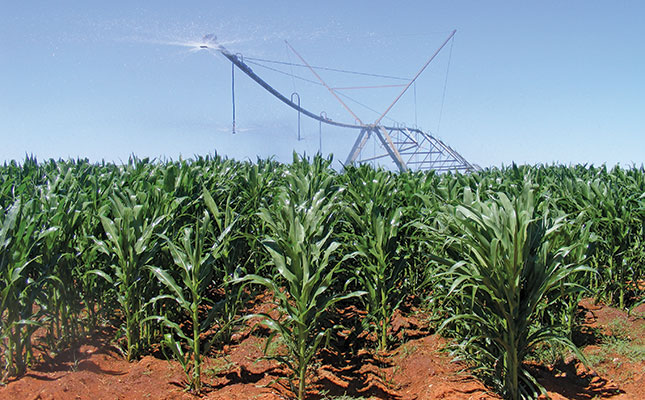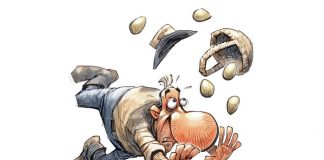
Many African observers and analysts have viewed Eurocentric and developed-world ways of measuring various aspects of social and economic life with a healthy dose of scepticism.
The global food security index, the corruption perceptions index, the democracy index and the competitiveness index are all examples of widely accepted metrics that measure the levels of development around the world.
Institutions that proffer these measures – such as the World Bank, Transparency International and the Economist Intelligence Unit – are well-respected and deemed to be scientifically objective.
READ Agriculture is changing and so must agri economists
These indices are critical because they serve as a guide to policymakers and investors.
However, some analysts have questioned the objectivity of the indices, including the measures used to derive them, citing measurement errors, a lack of data and the due diligence involved in ensuring the index-generating processes can be repeated by others to arrive at the same conclusions.
Some statisticians argue the indices generated by these reputable international institutions should not be readily accepted because they make for a patently distorted picture of the developing world.
Others go as far as arguing institutions that measure indices of social and economic development are western agents with an imperialist agenda seeking to paint a negative picture of the developing nations.
As far-fetched as that conspiracy theory sounds, evidence was supplied in a recent article by Josh Zumbrun and Ian Talley in the Wall Street Journal (WSJ).
In a rare public admission, the chief economist of the World Bank, Paul Romer, is reported to have admitted that the World Bank unfairly influenced its competitiveness index.
It’s alleged to have done this by constantly changing its methodology over several years in ways it now admits were unfair and misleading.
The changes in methodology negatively affected the standing of Chile in particular, whose ranking plummeted.
There is now a call for the World Bank to rectify its mistakes in previous competitiveness rankings going back to 2014. This ought to happen not just for Chile, but every other country in the list of competitiveness rankings.
In light of these revelations, the integrity of the World Bank has been brought into question.
To some observers, this problem goes far beyond the corridors of the World Bank – it fulfils the age-long fear and suspicion that western-dominated and western-funded institutions are tainted by political motivations.
In the aftermath of such revelations, the integrity of other institutions that publish any kind of quality-based index of social and economic interest should be subjected to intense scrutiny, it’s said.
Many analysts who criticised these indices will feel vindicated by Romer’s disclosure of World Bank (mal) practices, and argue for the establishment of comparable African institutions that can generate their own indices as a way of mitigating distorted Eurocentric measurements of the continent’s development.
What’s happened here is not trivial. It will surely shake the foundations of not only the World Bank, but the practices of institutions that have for long existed without the need to respond to criticism.
Should Africa begin its own effort of measuring its competitiveness index, food security index, democracy index, and possibly, credit ratings? Or should the World Bank and other institutions integrate many of the previous criticisms and concerns that have been ignored in the past?
Whatever happens, I’m certain countries like Chile, which were adversely affected by the World Bank’s errors, will be at the forefront of demanding change.
Africa should seize this opportunity and demand more accountability and transparency, as well as the inclusion of specific metrics that can help to provide a balanced picture of the continent’s competitiveness, food security, and democracy.












